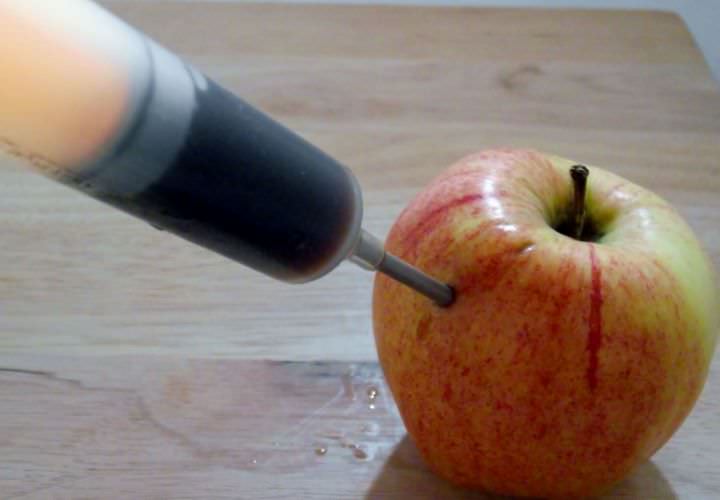GMO Products And Foods
With little public awareness and in a few short years GMO foods have come to dominate both global agriculture and supermarket shelf space.
The Food and Drug Administration, the American Medical Association and the World Health Organization, among others all back genetically engineered foods and practices, according to Monsanto Corporation's sustainability page.
What are genetically modified ingredients or foods? It is a procedure whereby a gene or group of genes are extracted from one plant or animal and inserted into another.

GMO Products Foods Pesticides And Organic Food
Various government agencies, like the ones listed above, stand behind the corporations that develop GE crops and animals. Those same corporations that develop the GE products, often are the same company that tests and certifies the safety of said products.
The corporations swear that they are safe and that there is no difference between products that contain genetically modified / bio-engineered ingredients and those products that do not. Groups opposed to genetically engineered ingredients, antibiotics, and pesticide use, like The non GMO Project, claim that they cause health problems, environmental damage and violation of farmers’ and consumers’ rights.
If they are, in fact, safe and there is no difference between ingredients that are genetically modified and those that aren't then it should be on the label. That way, as a consumer, you can make an informed decision for yourself.
I am not interested in getting into a political debate about the value of genetically engineered ingredients and their ability to feed the masses nor am I interested in a scientific debate over the relative safety of genetically engineered ingredients. This much I know to be true: genetically modified ingredients haven't been around long enough for anyone to determine their relative safety to humans, the corporations producing genetically modified / bio-engineered crops and animals are only interested in their bottom line, not my good health, and the very same corporations claiming that genetically engineered food is safe, are the very same corporations that swore up and down that Agent Orange and DDT were safe. We all know how that turned out.
For these reasons I buy only non-GMO certified, 100 percent organic products. For dairy and meat I look for farm raised / pastured organic animal and animal products. Pasturing has the added benefit of converting some of the saturated fat to mono-unsaturated fat which is much better for you than saturated fat. I grow some of my own produce and the rest I buy organic. I try and shop at farmers markets and local markets when they are available to me because I believe it is important to support local producers and farms that use sustainable practices.
Obviously, you are your own person and will make decisions based on your beliefs, lifestyle choices, and budget and that is perfectly fine. I'm not trying to convert anyone to the organic camp. I am simply stating my reasons for avoiding GMO products, shopping locally and buying organic.
I ran across this and thought it was topical so I am re-posting it here. If the above isn't an argument for buying local, this sure is.
"Fresh fruits, veggies or meat are often not what they appear. Produce masquerading as just-picked, for example, may be months — even years — old. According to an independent study conducted in 2010 by Lindstrom of 25 supermarkets across five countries, the average apple in many grocery stores is 14 months old — typically picked more than a year ago and then kept in cold storage for months before being shipped to the grocery store.
Berries and other fruits sometimes meet a similar cold-storage fate, experts say. This can mean that the products have a much blander taste, says Phil Lempert, CEO of grocery information site SupermarketGuru.com. And, of course, those already chopped fruit packages may have been made from the less fresh fruits that the store took off the shelves, says Lindstrom.
The solution: buy what’s local and in season, says Lempert — as these items are less likely to have sat around in warehouses for months and are often tastier."
Source: MSN.COM
Tags: gmo products, gmo's, no gmo




